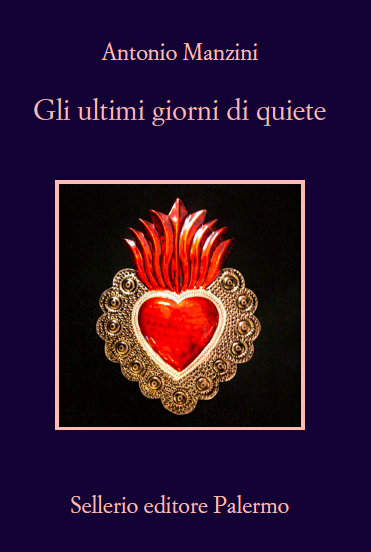Gli ultimi giorni di quiete

One ordinary morning, by chance, Nora recognizes a face on the train. It is the person who destroyed her life. She and her husband Pasquale are the owners in Pescara of a well-established tobacco shop. And it was in this one six years earlier during a robbery that a thief killed their only son Corrado. Nora cannot believe that the executioner of an innocent boy-their innocent boy! - could be free after such a short time. She cannot believe that her son's life is worth so little. But it is, between the conviction for manslaughter and prison benefits. From this moment on, Nora and Pasquale cannot go on living without getting their own restorative justice. The husband seeks the shortest and most immediate route. Nora, on the other hand, after a difficult search to flush out the man, devises a more refined plan. Paolo Dainese, however, the murderer, has struggled to rebuild his life and, floundering, is managing to get back on his feet.
For years Antonio Manzini had had this story in mind, based on a true fact. And he wanted to write not a thesis novel, but a psychological novel about three souls and how they react when faced with a moral alternative with no sure answer. And reading these pages one is left bewildered, not only because the author has written a story different from his plots that we are more familiar with, but above all because he has managed to tell, within the interweaving proper to those who are masters of stories, the impossibility of making a clear judgment. Impossibility of the reader, and of the writer; but also of the characters who live the story. These can choose (and their choices are different) but because they are forced to do so, just as life forces. This kind of short circuit, between reason and life, is the ethical doubt that Manzini explores throughout.